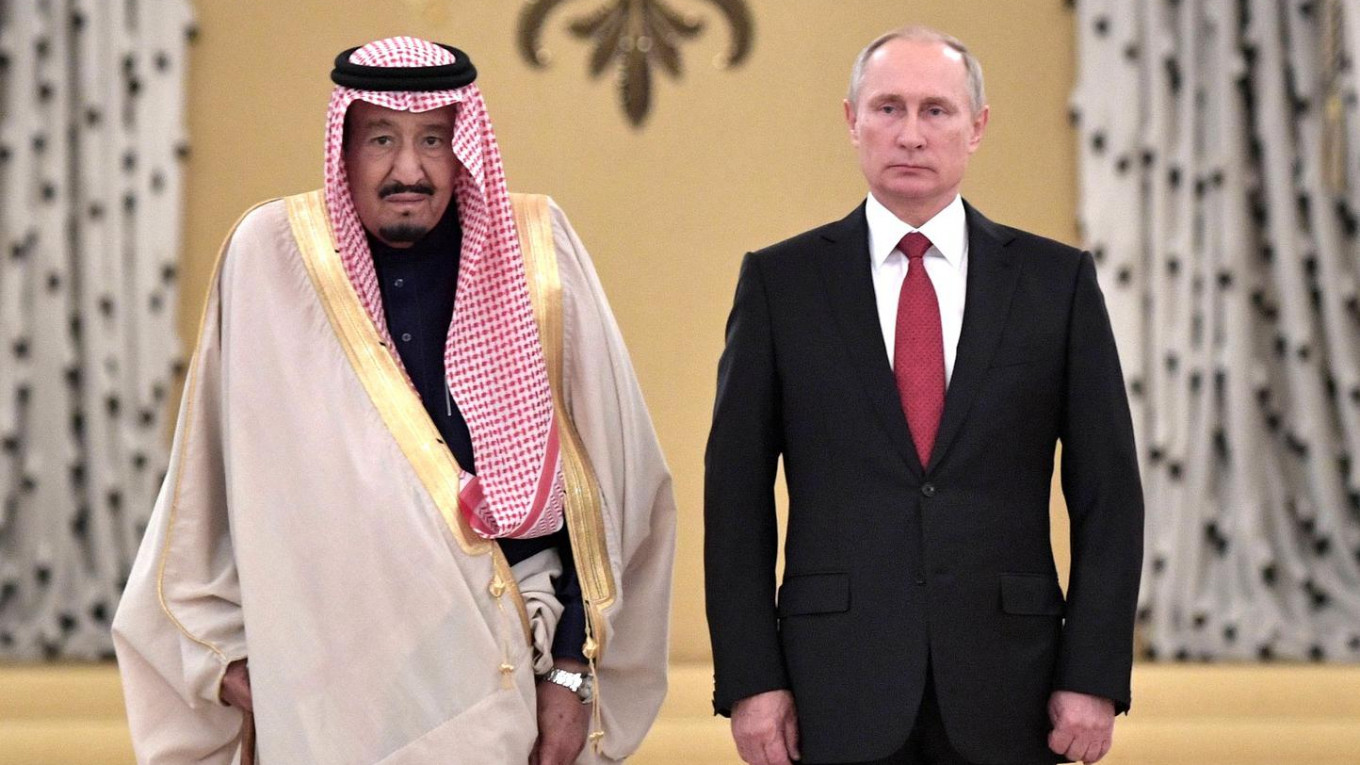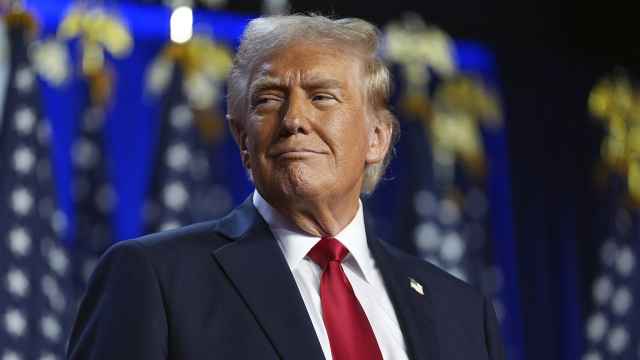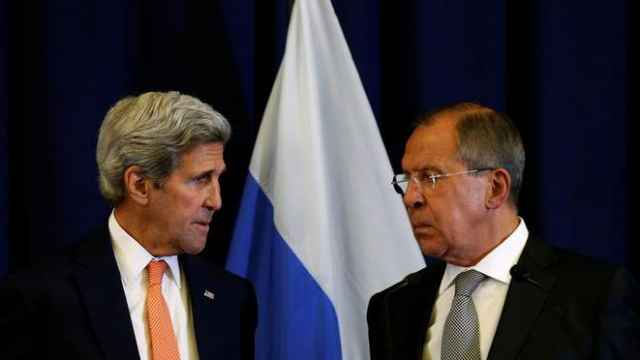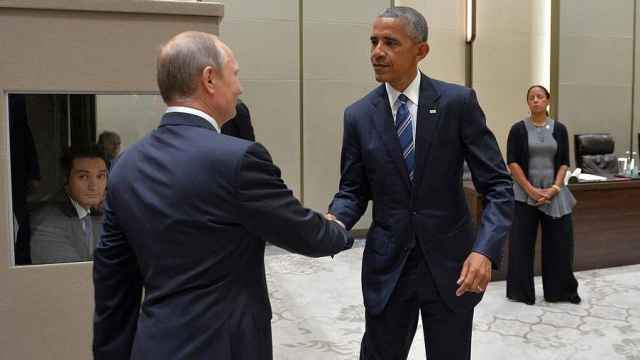The visit of Saudi King Salman bin Abdelaziz to Russia this week is set to open a historic new chapter in relations between Moscow and Riyadh. But it is not just the fact that the Saudi monarch will come to Russia for the first time since their ties were restored in 1992 that makes this visit remarkable.
With Russia’s return to the Middle Eastern arena, the two regional powers with global ambitions have been naturally predisposed to becoming rivals on issues ranging from Syria to oil and Iran.
Despite all odds, Moscow and Riyadh have been inching closer to mutual understanding — and coordination — on these issues, with the visit of King Salman the most remarkable development in this relationship.
The question remains, however, what motivated the Saudi King to visit Moscow now given how many times this trip has been rescheduled since Salman bin Abdulaziz ascended to the throne in January 2015.
It is likely that the decision to engage Russia more actively has to do with the Kingdom’s long-term foreign policy calculations, while the final push for reaching out to Moscow may have been motivated by Saudi Arabia’s domestic power play.
The Kingdom is entering a new succession stage where King Salman’s son is expected to become the next monarch. The 33-year-old Prince Mohammed lacks the necessary experience and his position as the future King could well be challenged.
His small victorious war in Yemen and the blockade of Qatar look more like a liability to his image now, while his program for revamping the country’s economy draws a lot of skepticism.
Having failed to prop up the image of his son at home King Salman is looking to secure international support for the transition of power to Mohammed bin Salman.Russia with its growing political clout in the Middle East has become the country whose backing may be paramount for this plan.
Observers following Russia-Saudi relations are struggling to interpret King Salman’s trip to Moscow and whether it is a reward for something Vladimir Putin has already done or an advance payment for something that Riyadh expects him to do.
The fear of a contractual obligation is certainly haunting Russia given Saudi Arabia’s previous reported attempts to bribe Moscow into dropping support for Syria’s President Assad in exchange for lucrative energy deals. The answer to this question will also largely determine the political outcome of King Salman’s visit.
For Riyadh, the Middle East is now dangerously misbalanced with the United States scaling down its presence and Iran increasing its influence. Russia is a convenient partner who could fill the void left by the United States and rein in Tehran.
At the same time, Moscow is motivated by its pragmatic interests in the region. It is unlikely to jump in over its head trying to become the power-broker that Washington once was. This arguably leaves Riyadh enough room to project its own power in the Middle East.
Russia too has wide-reaching expectations with regard to the King’s visit. Moscow is visibly confused with the fact that a flurry of meetings with top Saudi officials over the past two years has only resulted in a lot of promises and very little actual cooperation.
In 2015, Riyadh committed to investing $10 billion in Russia on which it is yet to deliver and signed numerous agreements in the energy and defense sectors, none of which resulted in contracts. The head of Russia’s Rostec arms producer famously said last year that Saudi promises of arms purchases never lead to contracts but are rather seen as a political lever.
Despite the fact that the Russian President and the Saudi King met previously, it is this largely symbolic visit of the King to Moscow that signifies the reboot of the relations.
Both countries are approaching it with clear political goals and it would be unreasonable to expect a major breakthrough. The visit can hardly help Russia replace the United States as Riyadh’s key ally but it could become a trust-building measure removing another variable from the Middle Eastern geopolitical equation.
Yuri Barmin is a researcher on the Middle East and Russia's policy towards the region and an expert at the Russian International Affairs Council.
The views and opinions expressed in opinion pieces do not necessarily reflect the position of The Moscow Times.
A Message from The Moscow Times:
Dear readers,
We are facing unprecedented challenges. Russia's Prosecutor General's Office has designated The Moscow Times as an "undesirable" organization, criminalizing our work and putting our staff at risk of prosecution. This follows our earlier unjust labeling as a "foreign agent."
These actions are direct attempts to silence independent journalism in Russia. The authorities claim our work "discredits the decisions of the Russian leadership." We see things differently: we strive to provide accurate, unbiased reporting on Russia.
We, the journalists of The Moscow Times, refuse to be silenced. But to continue our work, we need your help.
Your support, no matter how small, makes a world of difference. If you can, please support us monthly starting from just $2. It's quick to set up, and every contribution makes a significant impact.
By supporting The Moscow Times, you're defending open, independent journalism in the face of repression. Thank you for standing with us.
Remind me later.








